
Understanding wholesale perfume oils
What is wholesale perfume oil?
Wholesale perfume oils offer a unique opportunity for businesses and consumers alike to access high-quality scents at a fraction of the cost. Unlike traditional perfumes, which are a mixture of alcohol and scent, perfume oils provide pure, undiluted fragrance. This means they not only last longer but also offer a more intense scent experience.
Many people mistakenly believe that wholesale perfume oils are of lesser quality because they come in bulk. However, this couldn't be further from the truth. According to Victoria Michaels, a renowned fragrance expert at the International Fragrance Association (IFRA), "Quality should never be sacrificed for quantity. In fact, bulk buying often means you are getting a better deal on top-tier products."
Why choose wholesale?
Buyers are increasingly gravitating towards wholesale perfume oils for several reasons. For one, the cost saving is significant. By purchasing in bulk, consumers can access premium fragrances at a lower unit price, making it a cost-effective option for those who love to indulge in different scents. On a commercial level, businesses, including boutiques and online retailers, benefit from higher profit margins by buying wholesale and selling at a marked-up price.
John Carter, the owner of a successful fragrance store in California, mentions, "The initial investment may seem steep, but the long-term returns are absolutely worth it. Plus, my customers love the variety and quality they get." For further reading on the enigmatic world of bespoke perfumers, you can find valuable insights here.
Moreover, the rise in demand for essential oil products and natural ingredients is driving the popularity of wholesale options. These oils are often utilized in a myriad of ways, from making personalized perfumes to using in bath and body products. For businesses, the versatility translates to an extensive product offering, appealing to a broader clientele who look for custom solutions.
Understanding different fragrance notes
When diving into the world of wholesale perfume oils, it’s essential to understand the different notes that make up a fragrance. Fragrances are usually composed of three main notes: top notes, heart or middle notes, and base notes.
- Top Notes: These are the initial impression of a perfume. They are often light and evaporate quickly, typically lasting up to 30 minutes.
- Heart Notes: Also known as the middle notes, these emerge as the top notes dissipate and they last longer. They form the core of the perfume.
- Base Notes: These are the final stage of fragrance and give it depth and longevity. They can last for hours, providing a lingering scent on the skin.
Popular top notes include citrus and light florals, while heart notes often feature aromatic bouquets of rose and jasmine. Base notes tend to be more robust, featuring scents like vanilla and sandalwood, contributing to the long lasting fragrance.
In summary, wholesale perfume oils offer a unique and profitable opportunity for both businesses and individual consumers. Understanding the benefits and complexities of these products can help you make informed purchasing decisions and appreciate the beauty of pure fragrance. Stay tuned as we explore the key players in the next section.
Key players in the wholesale perfume oil market
Major players revolutionizing wholesale perfume oil
The wholesale perfume oil market is vast, populated with brands and distributors all striving to offer the best products at competitive prices. This space is dominated by a few key players who have set the benchmark in terms of quality, price, and variety.
Victoria's Secret is not just well-known for its lingerie; the brand's influence extends into the realm of perfume oils. Their wholesale perfume oils have become a staple for retailers looking to offer high-demand products. High-quality fragrance oils, such as their Bombshell scent, are popular choices for both men and women.
In California, suppliers like Bulk Apothecary have carved a niche with their affordable pricing and extensive range of fragrance oils. With options starting at a low unit price, they cater to small and large businesses alike. Their body oils and essential oils are widely used in skincare products, making them a favorite among bath body products enthusiasts.
Another prominent player, Victoria's Secret, offers a diverse range of wholesale perfume oils in the USA. Known for their long lasting fragrance, their products are a go-to for many retail businesses aiming to provide high-quality scented body oils.
One of the most influential names in bespoke perfumery, Bespoke Perfumers, offers a range of wholesale attar perfumes. Their attention to detail ensures each bottle is a masterpiece, making them a preferred choice for those in the know.
Industry insights from top experts
According to Gabriel Sanchez, a renowned fragrance expert, "The wholesale perfume oil market is thriving, with more businesses recognizing the demand for high-quality and affordable fragrance oils. Consumers are becoming more discerning, and they want scents that are both unique and long-lasting."
The data supports this claim. A recent report by Grand View Research reveals that the fragrance oil market is expected to grow at a CAGR of 8.5% from 2021 to 2028, driven by increasing demand from various industries, including candles, cosmetics, and personal care products.
Experts also highlight the shift towards natural and organic fragrances. Essential oils, known for their therapeutic benefits, are gaining traction. Brands sitting on large inventories of synthetic fragrances are now introducing organic lines to meet this growing demand.
Case studies: triumphs in wholesale scent strategies
Take the example of Scentbird, a subscription-based fragrance company. Starting with a small range of wholesale perfume oils, they expanded rapidly, now offering hundreds of different scents. Their body oil roll and perfume body oils have become quite popular, and their subscription model keeps customers coming back month after month, ensuring consistent revenue.
Another success story is FragranceX.com, an online retailer that sources wholesale perfume oils from around the world. By offering a wide variety—including vanilla fragrance oil and long-lasting fragrance options—they’ve managed to attract a broad customer base.
Popular fragrance notes and types
Citrus and floral marvels
When it comes to wholesale perfume oils, some of the most popular choices are citrus and floral notes. A study by Statista in 2022 reported that 30% of consumers prefer citrus notes in their fragrance products, thanks to their fresh and invigorating scents. Exemplary citrus choices include bergamot, lemon, and grapefruit, which offer both an energizing aroma and a clean finish.
Floral notes are equally beloved, with classics like rose, jasmine, and lavender consistently topping the charts. These scents are often associated with elegance and sophistication, making them a hit among both men and women. According to a report by Grand View Research, the floral fragrance segment held a 27.5% market share in 2021 and continues to grow steadily.
Earthy and woody favorites
For those seeking something a little more grounding, woody and earthy notes are a top pick in wholesale perfume oils. Essential oils such as sandalwood, patchouli, and cedarwood not only provide a rich, warm base but are also known for their long-lasting properties. This makes them a popular choice for evening wear or special occasions.
Data from Mintel suggests that men are particularly drawn to these types of scents, with over 35% of men’s fragrances containing woody notes. A successful case study in utilizing earthy scents is the brand Comme des Garçons, which has garnered a loyal following with its unique blend of incense and cedarwood. Learn more about the intricate art of crafting unique scents.
Gourmand and spicy allure
The world of wholesale perfume oils also boasts gourmand and spicy options, which are perfect for creating cozy, inviting fragrances. Vanilla, chocolate, and caramel are popular gourmand scents that evoke warmth and comfort. According to a Fragrance Direct survey, vanilla remains one of the most cherished scents, particularly in the USA and California, where it is often featured in body oils and scented candles.
Spicy notes such as cinnamon, clove, and pepper add a dash of exotic flair to any fragrance blend. These scents are known for their boldness and are often used in niche perfumes. Learn how niche perfume makers craft unique scents.
The timeless appeal of musks
No discussion of fragrance notes would be complete without mentioning musks. Originally derived from animal sources, today’s musk oils are typically synthetically produced but retain their warm, sensual aroma. These notes are beloved for their lasting qualities and versatility, often found in both everyday and high-end perfumes.
Perfume experts like Victoria Frolova of Bois de Jasmin often highlight the staying power of musk notes, citing their ability to linger on the skin for hours, adding depth to any fragrance product. This makes musk a popular choice among those looking to create enduring, memorable scents.
Pricing and cost considerations
Variables affecting unit price and sale cost
When diving into wholesale perfume oils, cost becomes a essential factor. Starting with the unit price, it can fluctuate based on a few key factors like quality, source, and brand reputation. For example, premium fragrance oils can set you back $200 per kilogram, whereas simpler, less complex scents might start from $50 per kilogram.
Understanding the relationship between unit price and sale price is crucial for any business. A general rule is to mark up the unit price by around 50% to 100%, keeping in mind the MSRP (Manufacturer's Suggested Retail Price). For instance, if you buy a bulk fragrance oil for $10 per ounce, the final sale price could range from $15 to $20 per ounce.
But why do these prices vary so much? This largely comes down to the ingredients and concentrations. Essential oils, known for their pure and raw notes, usually come at a higher price due to the expensive extraction processes and high-quality raw materials like rose or oud. Essential oil expert Victoria Frolova notes, "Oils from rare flowers like tuberose and precious woods can drive up costs due to their scarcity and the intricate processes required to extract their scents."
Impact of bulk purchasing and economies of scale
Bulk buying significantly lowers the overall cost per unit, making it an attractive option for retailers. For large orders, discounts from 10% to 20% are not uncommon. Many wholesalers offer further discounts for recurring bulk purchases, providing a incentive for businesses to maintain a stable supply chain.
The low starting prices in wholesale, while an initial investment, can yield significant savings in the long run. For a clearer understanding, Perfume King, a major player in California, provides an example: a customer purchasing 50 kilograms monthly might get a 15% discount, dropping the cost from $100 to $85 per kilogram, lowering the overall expenditure substantially.
Navigating price variations based on fragrance complexity
The complexity of a scent often directly impacts its price. For example, a fragrance with a blend of top notes like citrus, mid notes of jasmine, and base notes of sandalwood will generally be more expensive than a single-note vanilla fragrance oil. According to a 2021 report by Global Insight Solutions, multi-layered fragrances account for 60% of the market’s high-end segment.
Perfume oils unisex options, which cater to a broader audience, also play a role in pricing. Unisex perfumes, characterized by their balanced masculine and feminine notes, can often command higher prices due to their versatility and wider appeal.
Understanding health and safety regulations
Lastly, it's essential to consider the compliance aspect. Perfumes and fragrance oils must adhere to health and safety regulations, which can add extra costs. The International Fragrance Association (IFRA) sets guidelines to ensure the safety and well-being of users. Compliance with IFRA standards can sometimes add 5% to 10% to the cost due to the rigorous testing and certification required.
Quality and longevity of fragrance oils
Quality and longevity in fragrance oils
When it comes to wholesale perfume oils, quality and longevity can significantly impact both customer satisfaction and brand reputation. Fragrance oils that maintain their scent over extended periods are much sought after in the market. According to a study by the Fragrance Foundation, 75% of consumers rate longevity as their top priority when purchasing perfume oils.
Fragrance oils generally offer superior longevity compared to alcohol-based perfumes. This is due to the high concentration of essential oils, which can range from 15% to 30%. Experts like Victoria Frolova, a renowned fragrance critic, emphasize that “the oil-based nature of these perfumes ensures that the scent lingers longer on the skin, providing a richer and more immersive scented experience.”
Quality control is another critical aspect. Brands often rigorously test their oils for consistency and purity. For instance, several large distributors in California perform multiple quality assurance tests, ensuring that the fragrance oils meet high standards before they even hit the market. Failure to maintain these standards can result in lower consumer trust and could affect long-term business relationships.
Interestingly, wholesale perfume oils must also comply with international regulations. The International Fragrance Association (IFRA) provides guidelines that producers must adhere to, ensuring that fragrance oils are safe for skin application. Non-compliance can lead to product recalls and legal issues. Notably, a controversy surfaced in 2020 when a well-known brand was found to be using unapproved substances in their perfume oils, causing a significant backlash and lost sales.
Consumer behavior also affects longevity. The method of application and the type of skin can influence how long a fragrance lasts. For example, applying perfume oils to well-moisturized skin can help in retaining the scent longer. Popular product forms, like body oil roll-ons and attar perfume oils, are designed to be applied on pulse points, making them perfect for long-lasting usage.
Vendors offering wholesale perfume oils often highlight the quality and longevity of their products to attract more buyers. From vanilla fragrance oil to more exotic scents, these details are typically included in the product descriptions (e.g., “long lasting fragrance” or “maintains scent for up to 8 hours”), helping consumers make informed decisions.
In conclusion, ensuring high quality and long-lasting fragrance is not only a mark of excellence but a critical factor that defines the success of wholesale perfume oils.
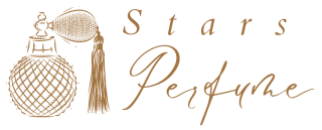

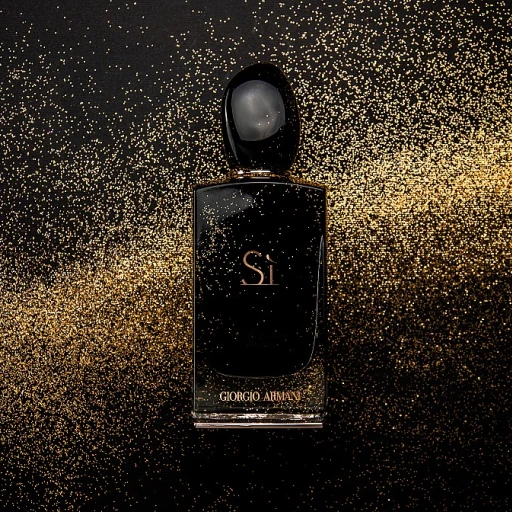

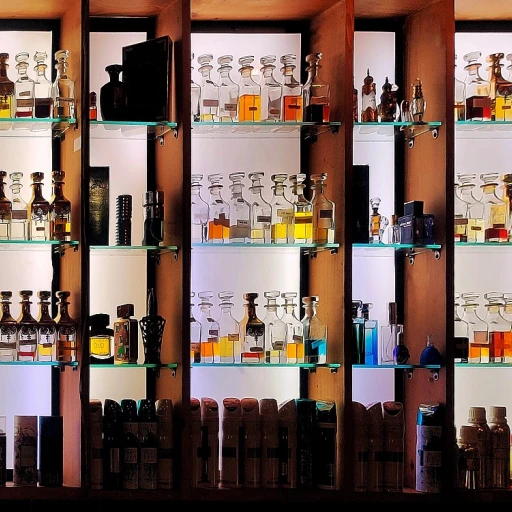
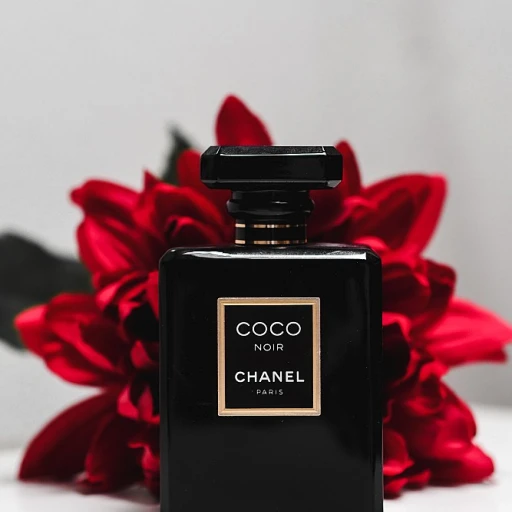
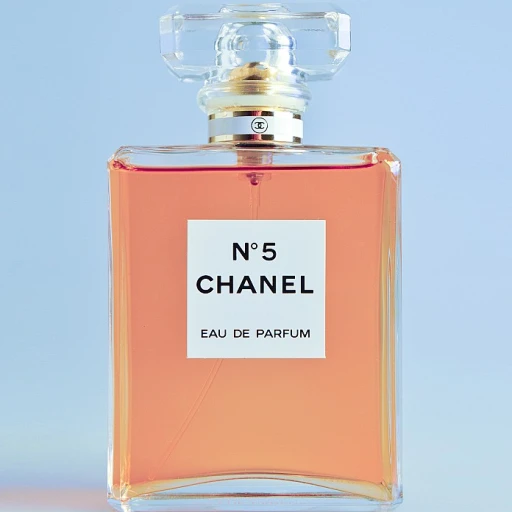
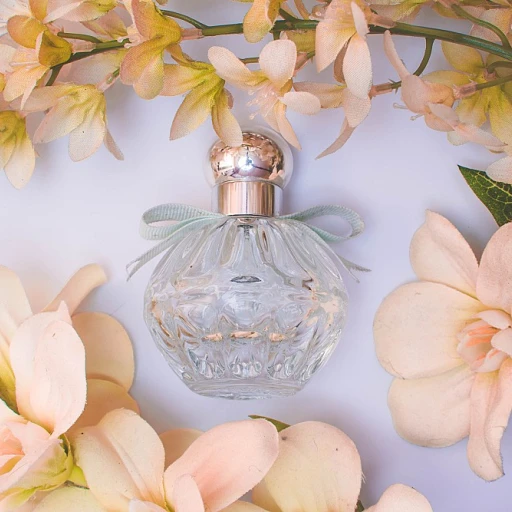
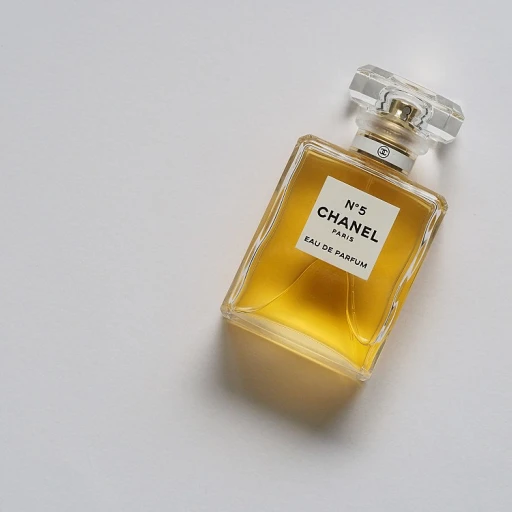
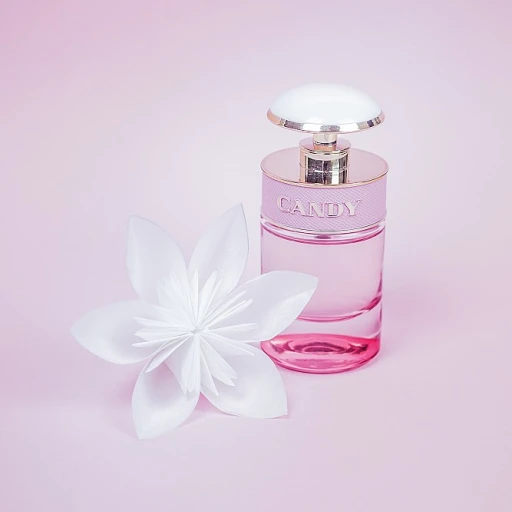
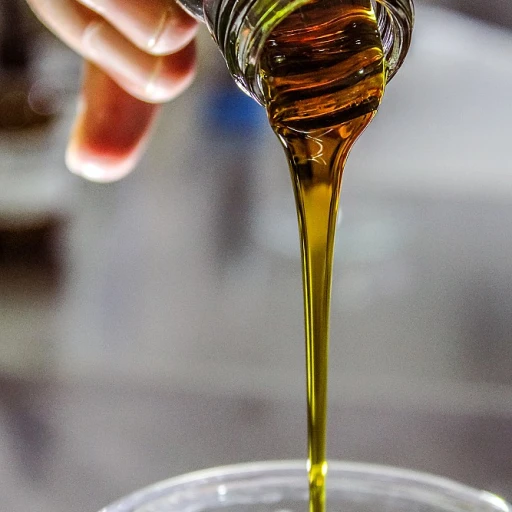

-large-teaser.webp)
